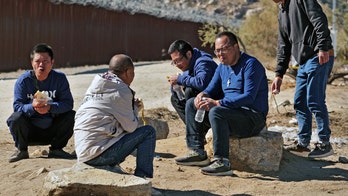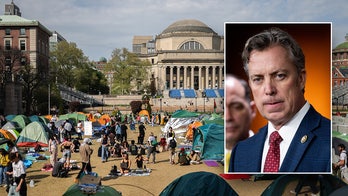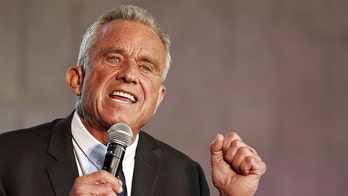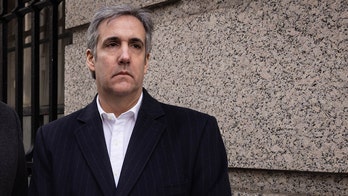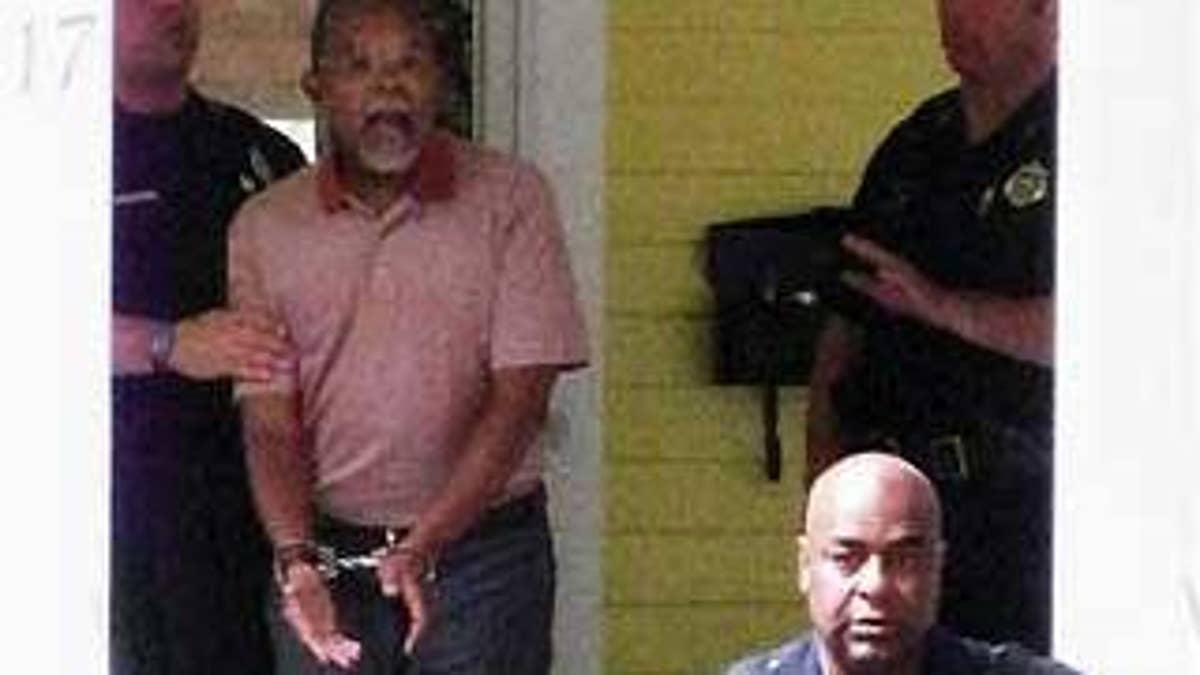
The 911 caller who reported a possible break-in at the home of a black Harvard professor never identified either of the men she saw as black, according to the tape of the call released by Cambridge city officials Monday.
The tape appears to support the claim by the neighbor's attorney that her 911 call had nothing to do with race. And it contradicts the police report that said the neighbor, Lucia Whalen, reported seeing two black males.
The two men Whalen saw trying to force their way into the home turned out to be the man who lives there, Harvard professor Henry Louis Gates Jr., and his driver, and the incident resulted in Gates' arrest by Cambridge Police Sgt. James Crowley. It touched off a national debate about race and law enforcement.
Though Crowley confirmed that Gates was the resident when he arrived at the home, he later arrested the professor for disorderly conduct, a charge that was ultimately dropped.
Looking to "move forward" from the controversy, Cambridge city officials on Monday released the tapes of the 911 call and radio dispatches affiliated with the incident.
The caller in the July 16 tape repeatedly said she didn't have a good vantage point and could not see what the two men trying to get into the home looked like.
"They were two larger men -- one looked kind of Hispanic but I'm not really sure, and the other one entered and I didn't see what he looked like at all," she said. "I just saw it from a distance."
The caller made clear that she wasn't sure whether she had seen an intruder or an actual resident of the home.
"I don't know if they live there and they just had a hard time with their key, but I did notice that they kind of used their shoulder to try to barge in and they got in," she said.
She said she probably wouldn't even have noticed the activity, but that a "concerned neighbor" brought it to her attention.
Whalen's attorney, Wendy Murphy, told FOX News the tape shows Whalen's call was not racially motivated.
"The truth is she couldn't see their race, therefore she didn't know their race and she didn't call police because of their race, which is the most important point of all," she said. "She called because of behavior."
In tapes of the subsequent police transmissions, an officer presumed to be Crowley can also be heard saying the "gentleman" -- Gates -- was being "uncooperative." The officer acknowledges the man claims to reside at the address and calls for Harvard University police to respond to the scene.
Police officials have defended Crowley's actions, though the city has also expressed regret for the incident.
Cambridge City Manager Robert Healy announced Monday at a news conference that the city will form a committee to examine "lessons" from the controversy.
"I am committed to making sure that our city is not defined by that day," he said. "Today is the day to move forward. ... The city has taken significant steps toward that end."
The debate about the arrest heated up last week when President Obama accused the police of acting "stupidly" in arresting Gates. The president later walked back his remarks and invited Gates and Crowley to the White House for a beer.
Cambridge city officials on Monday appeared to take Obama's advice that the arrest and subsequent debate be used as a "teachable moment."
Mayor E. Denise Simmons called it a "turning point for the city."
"We are confident we can ultimately come out stronger and a more unified community," she said.
Healy said the new committee will not conduct an official inquiry or make a judgment on the actions of the officers.
"The committee will identify the lessons to be taken from the criticism surrounding the incident and how those lessons can be applied" to the practices of the police department, he said.

